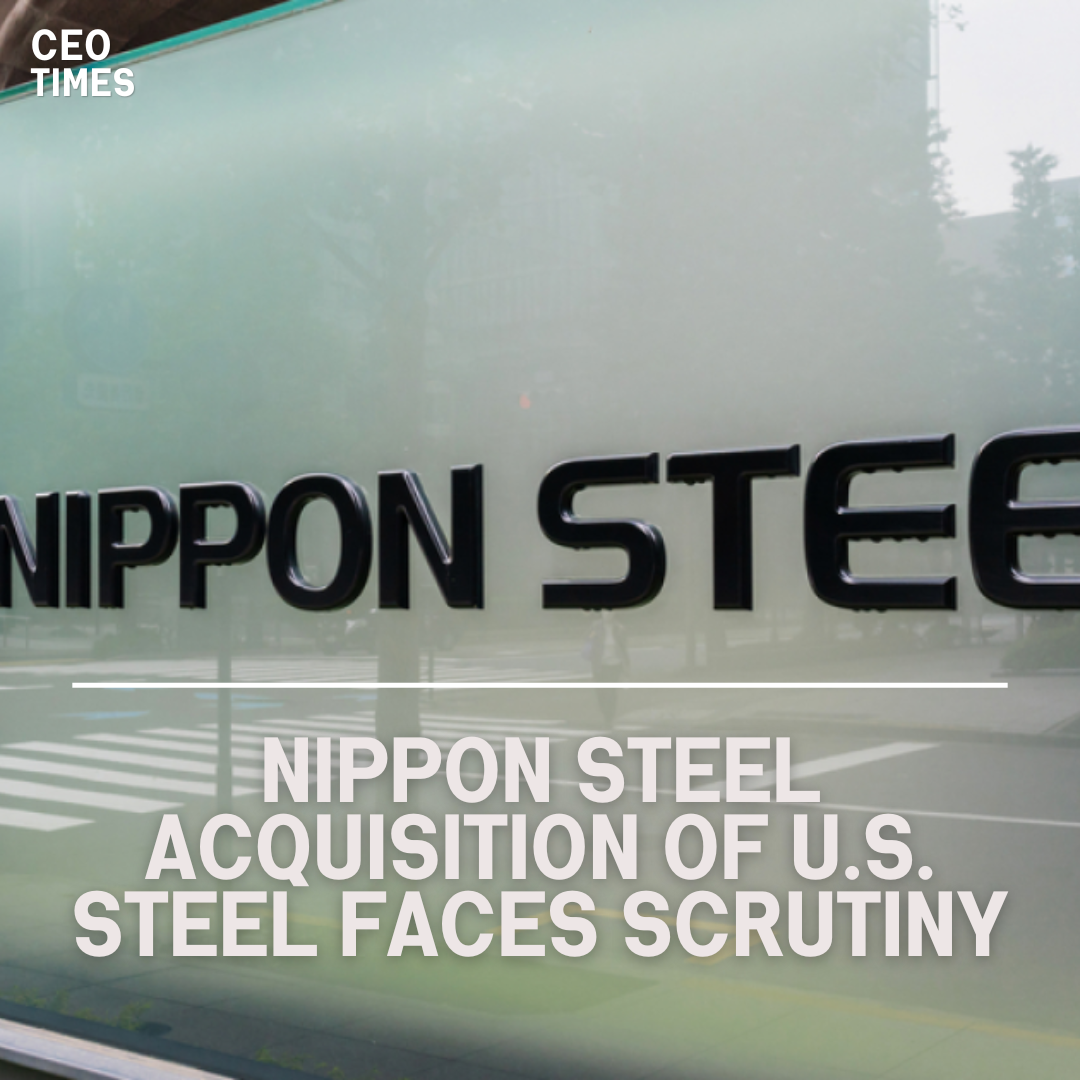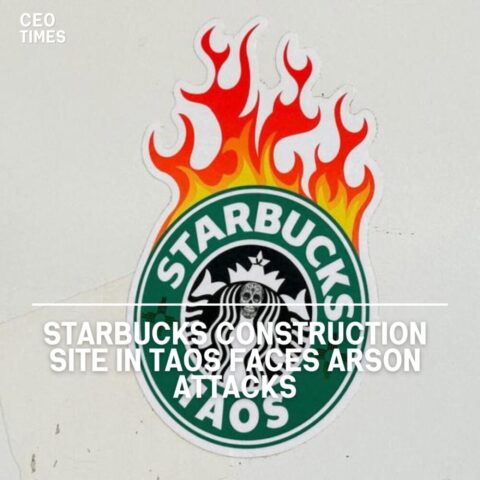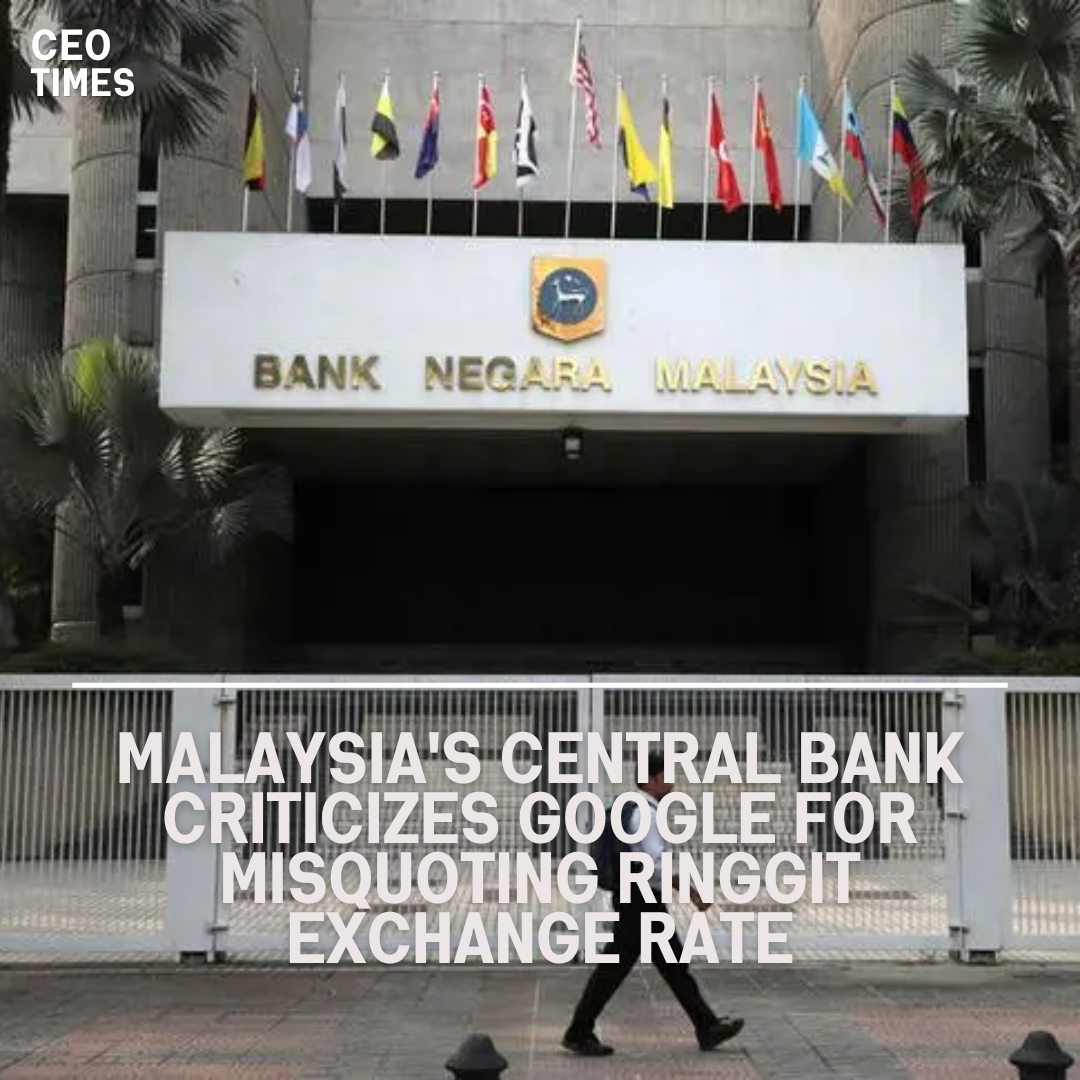U.S. Steel Corp has disclosed in a regulatory filing that Nippon Steel’s anticipated acquisition is projected to conclude later this year.
However, the filing coincides with escalating concerns surrounding Nippon Steel’s proposed $14.9-billion purchase of the renowned American steelmaker.
National Security Concerns:
The $14.9-billion deal between Nippon Steel and U.S. Steel has attracted increased attention and scrutiny, particularly in light of national security apprehensions.
As stakeholders scrutinize the implications of foreign ownership on critical industries, the acquisition faces rigorous evaluation and potential regulatory hurdles.
Biden’s Stance on Foreign Ownership:
U.S. President Joe Biden has unequivocally opposed the acquisition, emphasizing the imperative for U.S. Steel to retain its status as a domestically owned American entity.
Biden’s explicit stance underscores the significance of preserving domestic control over strategic assets, particularly within the steel industry.
Lourenco Goncalves, CEO of Cleveland-Cliffs, has indicated a willingness to pursue an alternative bid for U.S. Steel should the Nippon Steel deal falter.
Goncalves envisions a bid valued at approximately $30 per share, signaling potential competition and complicating the acquisition landscape.
Implications of Regulatory Challenges:
The uncertain regulatory environment surrounding the Nippon Steel acquisition casts a shadow of uncertainty over the future of U.S. Steel.
As stakeholders navigate evolving regulatory dynamics and political considerations, the outcome of the acquisition remains subject to ongoing deliberations and potential revisions.
Impact on Shareholders and Industry Dynamics:
The prospect of competing bids and regulatory scrutiny has implications for U.S. Steel shareholders and broader industry dynamics.
Market participants closely monitor developments as they assess the potential ramifications of the acquisition on shareholder value and the competitive landscape of the steel sector.
Evolution of Acquisition Process:
Amidst heightened scrutiny and competing interests, stakeholders remain vigilant in monitoring the progress of the acquisition process.
Evolving regulatory and geopolitical factors shape the trajectory of the acquisition, underscoring the importance of continued assessment and strategic planning for all parties involved.




















